Does Bleach Kill Termites? Effective Elimination Tips
I often encounter questions about pest control, particularly regarding termites. One common inquiry is whether bleach can effectively kill these destructive insects. While bleach is a powerful disinfectant, its effectiveness against termites is not straightforward.
In this post, I will explore the potential of bleach as a termite treatment. I will discuss its limitations and offer alternative solutions for termite control. Understanding the right methods is crucial for protecting homes from these pests. By the end of this article, I aim to provide clarity on this topic and guide readers toward effective termite management strategies.
Understanding Termite Behavior
Social Structure
Termite colonies exhibit a complex social structure. They consist of various castes: workers, soldiers, and reproductive individuals. Workers perform essential tasks such as foraging for food and maintaining the nest. Soldiers protect the colony from predators. Reproductives, including the queen and king, ensure the colony’s growth.
I find it fascinating how these insects work together. Each caste has specific roles that contribute to the colony’s survival. This organization allows them to thrive in diverse environments.
Signs of Infestation
Identifying signs of termite infestation is crucial for prevention. Mud tubes are a common indicator. These tubes provide shelter for termites while they travel between their nest and food sources. Damaged wood is another clear sign. Termites consume wood from the inside out, leaving a hollow appearance.
I have seen mud tubes in my home before. It was alarming to discover them during a routine inspection. Prompt action is necessary when these signs appear.
Environmental Conditions
Certain environmental conditions attract termites to homes and buildings. Moisture plays a significant role in drawing them in. Leaky pipes, poor drainage, and damp soil create ideal habitats. Wood debris near foundations can also entice these pests.
Maintaining a dry environment is vital for prevention. I always check for any moisture issues around my property. Simple actions like fixing leaks can make a big difference in keeping termites away.
How Bleach Works on Termites
Chemical Composition
Bleach primarily consists of sodium hypochlorite, a strong oxidizing agent. This chemical can disrupt cellular processes in insects. When termites come into contact with bleach, it may damage their exoskeleton and respiratory system. The sodium hypochlorite can lead to dehydration and eventual death.
I have seen how effective bleach can be in killing mold and mildew. However, its effectiveness against termites is less certain.
Method of Application
Applying bleach directly to termite-infested areas is crucial for any potential effect. Spraying or soaking wood surfaces may reach termites hiding within. The solution must penetrate their habitat effectively. It’s important to note that termites often dwell deep inside wood structures, making direct contact challenging.
Using bleach requires caution. Its strong fumes can be hazardous to humans and pets. Proper ventilation is necessary when applying bleach indoors.
Limitations of Bleach
Bleach has significant limitations as a termite treatment compared to other methods. First, it lacks residual effects. Once the bleach evaporates, it no longer poses a threat to termites. Other treatments like insecticides provide long-lasting protection.
Second, bleach does not address the root of the infestation. Without eliminating the colony, new termites may invade again. Effective termite control often requires a comprehensive approach, including baiting systems or professional extermination services.
In my experience, relying solely on bleach can lead to disappointment. More robust solutions are often needed for effective termite management.
Comparing Bleach to Professional Treatments
Effectiveness Evaluation
Bleach products, such as those from the Clorox portfolio, claim to eliminate various pests. However, their effectiveness against termites is questionable. Many bleach manufacturers market these cleaners as powerful solutions for household cleaning. Yet, termites are resilient insects that often require specialized treatment.
Professional pest control services use targeted chemicals designed specifically for termites. These treatments penetrate wood and kill the insects at their source. I’ve seen firsthand how effective these professional treatments can be compared to traditional cleaners like bleach.
Cost Implications
Using bleach may seem cost-effective initially. A bottle of Palmolive or other traditional cleaners costs less than hiring a pest control service. However, the long-term costs can add up. If bleach fails to eliminate the termite problem, homeowners may face extensive damage repairs.
Professional brands offer warranties and follow-up services. These ensure that the treatment remains effective over time. The price of hiring professionals often includes these guarantees, making it a more reliable investment in the long run.
Long-Term Results
Long-term results show a stark difference between DIY methods and professional interventions. Many green works products offer temporary relief but do not completely eradicate termite colonies. Bleach may kill some termites on contact, but it does not prevent future infestations.
In contrast, professional treatments target the entire colony and create barriers against re-infestation. My experience with pest control services has shown me that they provide lasting solutions. Homeowners benefit from peace of mind knowing they have addressed the problem thoroughly.
Safe Use of Bleach for Termites
Dilution Ratios
Proper dilution ratios are essential when using bleach for termite control. A common recommendation is to mix one part bleach with ten parts water. This creates a solution that may help in killing termites on contact. Higher concentrations can be harmful and less effective, as they may evaporate quickly without penetrating wood effectively.
I always find it helpful to measure accurately when mixing solutions. Using a measuring cup ensures the right balance. This method not only maximizes effectiveness but also minimizes waste.
Safe Application Areas
Bleach can be applied in specific areas to minimize environmental harm. Ideal locations include wooden structures that show signs of termite activity. Focus on areas like door frames, window sills, and exposed beams. Avoid applying bleach directly onto soil or plants, as it can disrupt local ecosystems.
I prefer to apply bleach in well-ventilated spaces. This practice reduces the risk of inhaling fumes while allowing the solution to work effectively.
Protective Gear Importance
Using protective gear is crucial when handling bleach for pest control. Gloves protect skin from irritation, while goggles shield eyes from splashes. Masks can prevent inhalation of harmful fumes during application.
In my experience, wearing the right gear makes the process safer and more comfortable. I recommend keeping a first aid kit nearby in case of accidental exposure. Always follow safety guidelines provided on the product label.
Precautions When Using Bleach
Ventilation
Using bleach indoors requires proper ventilation. Chlorine bleach releases fumes that can irritate the respiratory system. Good airflow helps reduce the concentration of these fumes. I always open windows and doors before starting any cleaning project with bleach. This simple step makes a significant difference in air quality.
Bleach should not be used in closed spaces. If working in an area without ventilation, take breaks outside. This practice minimizes exposure to harmful vapors. It’s essential to prioritize health when using powerful disinfectants like bleach.
Testing
Testing bleach on a small area is crucial. Before applying undiluted bleach extensively, check how the surface reacts. Different materials may react differently to bleach. I once tested it on a hidden corner of my countertop and was relieved it didn’t discolor the surface.
If the test area shows no adverse effects, proceed with caution. Avoid applying too much liquid bleach at once. A controlled approach ensures you maintain the integrity of your surfaces while effectively addressing termites.
Safety Around Children and Pets
Keeping bleach away from children and pets is vital during use. The Clorox company emphasizes safety in their products. They recommend storing bleach securely after each use. I always make sure to clean up any spills immediately and store my cleaning supplies high up.
Bleach can be harmful if ingested or inhaled by pets or young children. Always supervise areas where you apply liquid bleach, especially if kids or animals are nearby. It’s better to be cautious than face potential accidents.
Proper Storage
Storing bleach properly is crucial for safety and effectiveness. Liquid bleach manufacturers like Clorox recommend keeping it in a cool, dark place. Exposure to heat and light can degrade the active ingredient, sodium hypochlorite.
Ensure that containers are tightly sealed after each use. This practice prevents spills and maintains potency over time. I find it helpful to label all cleaning products clearly, so anyone using them knows what they contain.
Understanding Labels
Reading labels on cleaning products is important. Each product has specific instructions for safe use and storage. Many Clorox products come with detailed guidelines about dilution and application methods.
Understanding these instructions helps prevent accidents and ensures effective cleaning. Following manufacturer recommendations maximizes results while minimizing risks.
Risks of Using Bleach Indoors
Respiratory Issues
Bleach fumes can cause significant respiratory problems in enclosed spaces. Many household cleaning chemicals, including bleach, release volatile organic compounds (VOCs). These compounds can irritate the lungs and throat. Individuals with asthma or other respiratory conditions may experience worsened symptoms.
I once used bleach without proper ventilation. I ended up coughing for hours. It was a clear reminder of how important it is to ensure good airflow when using strong chemicals.
Damage to Household Items
Using bleach improperly can lead to damage to various household items. This cleaning agent can discolor fabrics and damage surfaces if not diluted correctly. Wood, for example, may warp or become discolored after exposure to bleach.
When I accidentally spilled bleach on my favorite shirt, I learned the hard way about its potency. I had to throw it away because the stain was irreversible.
Chemical Reactions
Mixing bleach with other cleaning agents poses serious risks. Combining bleach with ammonia creates toxic chloramine vapors. These fumes can be deadly in high concentrations. Other mixtures may produce harmful gases as well.
Many people underestimate the dangers of mixing household cleaning agents. I’ve seen friends mix products without understanding the consequences. It’s crucial to read labels and follow instructions carefully.
Effects of Bleach on Wood
Color Alteration
Bleach can significantly change the color of wood. It often lightens the surface, creating an uneven appearance. This alteration may not be desirable for many wooden structures. I once used bleach on a wooden table, and it resulted in a patchy look that I later regretted.
The bleaching process strips away the natural oils and pigments in the wood. This can lead to a washed-out effect, making the wood appear dull. The visual appeal of wooden furniture or fixtures can diminish over time with repeated applications.
Integrity Weakening
Using bleach can weaken the integrity of wood fibers. Over time, bleach breaks down cellulose, which is essential for wood strength. This degradation can make wooden structures more susceptible to damage.
Wood that has been treated with bleach may become brittle. When this happens, even minor impacts can cause cracks or splinters. I noticed this firsthand when I applied bleach to an old chair; it became fragile and eventually broke under minimal pressure.
Long-term Consequences
The long-term consequences of using bleach on wood are concerning. Continuous exposure to bleach can lead to significant structural issues. Wooden furniture may lose its durability and aesthetic value.
In some cases, the weakened fibers can promote pest infestations. Termites might find it easier to penetrate compromised wood. The risks associated with using bleach extend beyond immediate cleaning benefits.
- Potential for mold growth due to moisture retention.
- Increased likelihood of wood decay from weakened structure.
- Loss of resale value for affected furniture or fixtures.
It’s crucial to consider these factors before choosing bleach as a cleaning agent for wooden items. Alternative methods exist that do not compromise wood integrity or appearance.
Alternative DIY Termite Solutions
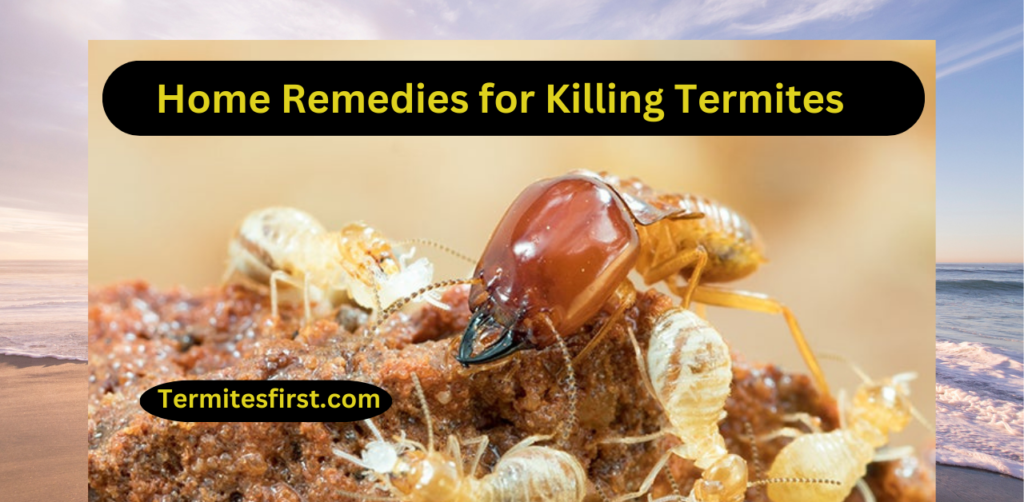
Natural Remedies
Many people seek natural remedies to deter termites. These options often involve using common household items that are less harmful than chemicals. For instance, vinegar is a popular solution. A mixture of vinegar and water can create a potent repellent. The strong smell of vinegar may disrupt termite activity.
Another effective option is essential oils. Oils like orange and neem have properties that can repel termites. I find that mixing these oils with water in a spray bottle works well for treating areas prone to infestations.
Household Items
Several household items may serve as effective termite repellents. Diatomaceous earth is one such item. It consists of tiny, sharp particles that can harm insects when they come into contact with it. Sprinkling this powder around the foundation of a home can deter termites from entering.
Boric acid is another common household product used against pests. It disrupts the digestive system of termites when ingested. I’ve seen many homeowners use it effectively by applying it in areas where termites are likely to nest.
Moreover, generic brands of natural cleaning products can also help deter termites. Many of these cleaners contain ingredients like citric acid or lauric acid, which are known for their pest-repelling properties. Using these products regularly can keep your living space less inviting to termites.
Eco-Friendly Options
Researching eco-friendly pest control options is crucial for long-term solutions. Various companies offer organic pest control services that focus on sustainability. These services use methods that do not harm the environment or human health.
I encourage anyone facing termite issues to explore these options thoroughly. Some products available on the market include traps made from natural materials and sprays derived from plant extracts. They can provide effective results without introducing toxic substances into your home.
Specialized treatments from various brands are available for termite prevention, with products like Plumr being promoted as safe options for pest control. However, their effectiveness could differ depending on the individual circumstances.
Professional Advice on Termite Control
Expert Consultation
Consulting with licensed pest control professionals is crucial for severe termite infestations. These experts possess the knowledge and tools necessary to tackle extensive damage. They understand the behavior of termites and can identify their nesting sites effectively.
I recall a time when I faced a significant termite issue in my home. I hesitated to call a professional, thinking I could manage it myself. However, once I reached out to an expert, they quickly assessed the situation and provided a comprehensive plan. Their expertise made all the difference.
Regular Inspections
Regular inspections can help catch termite problems early. Many homeowners overlook this vital step. Early detection often prevents costly repairs later on. Scheduling annual inspections ensures that any signs of termites are identified promptly.
The cost of these inspections is minimal compared to potential damage caused by termites. A small investment now can save thousands in the long run. Keeping an eye on wooden structures, especially those made from pine, is essential. Termites are drawn to softwoods, making them a prime target.
Follow Expert Guidelines
Following expert guidelines is important for effective termite management. Pest control companies often provide specific recommendations tailored to individual situations. Adhering to these guidelines can significantly improve the chances of eliminating termites.
Using commercial products designed for termite control may also be beneficial. Some companies offer eco-friendly options that are safe for food and pets. Green Works products have gained popularity among consumers looking for safer alternatives.
I appreciate the variety of solutions available in today’s market. As a consumer, it’s comforting to know that there are options beyond traditional chemicals. Researching and understanding these products helps in making informed decisions.
Importance of Knowledge
Understanding termite behavior aids in prevention strategies. Knowing where termites thrive allows homeowners to take proactive measures. Keeping wood piles away from foundations and ensuring proper drainage can deter infestations.
Termite bait systems can also be effective. These systems attract termites and eliminate them before they reach your home. Many businesses specialize in providing these services as part of their pest control portfolio.
Conclusion:
I have explored the efficacy of bleach as a potential solution for termite infestations. While bleach can kill termites on contact, it is not a comprehensive treatment. The risks associated with using bleach indoors and its damaging effects on wood must be carefully considered. Professional treatments remain the most effective approach for long-term control.
For those seeking alternatives, I recommend consulting pest control experts or exploring other DIY methods discussed earlier. Awareness and informed decisions are crucial in effectively managing termite issues. Take proactive steps to protect your property and ensure a termite-free environment.
Related: Do Termites Come Out at Night?
FAQ’s:
Bleach can kill termites on contact, but it is not a reliable long-term solution. Termites often reside deep within wood, making it difficult for bleach to reach them effectively.
Using bleach near pets and children poses risks due to its toxic fumes and potential skin irritation. It is crucial to ensure proper ventilation and keep these areas inaccessible during treatment.
Professional treatments are more effective and targeted than bleach. They utilize specialized chemicals designed to eliminate termites at their source, ensuring comprehensive control.
When using bleach, wear protective gear, including gloves and masks. Ensure the area is well-ventilated and avoid mixing bleach with other chemicals to prevent dangerous reactions.
Yes, bleach can weaken wood over time. Its corrosive nature may cause structural damage if applied excessively or improperly, leading to further issues.
Yes, alternatives include diatomaceous earth, boric acid, and essential oils like orange oil. These methods can be effective and may pose fewer risks than bleach.
A professional should be consulted if there is significant infestation or structural damage. Early intervention is crucial to prevent extensive harm to property.

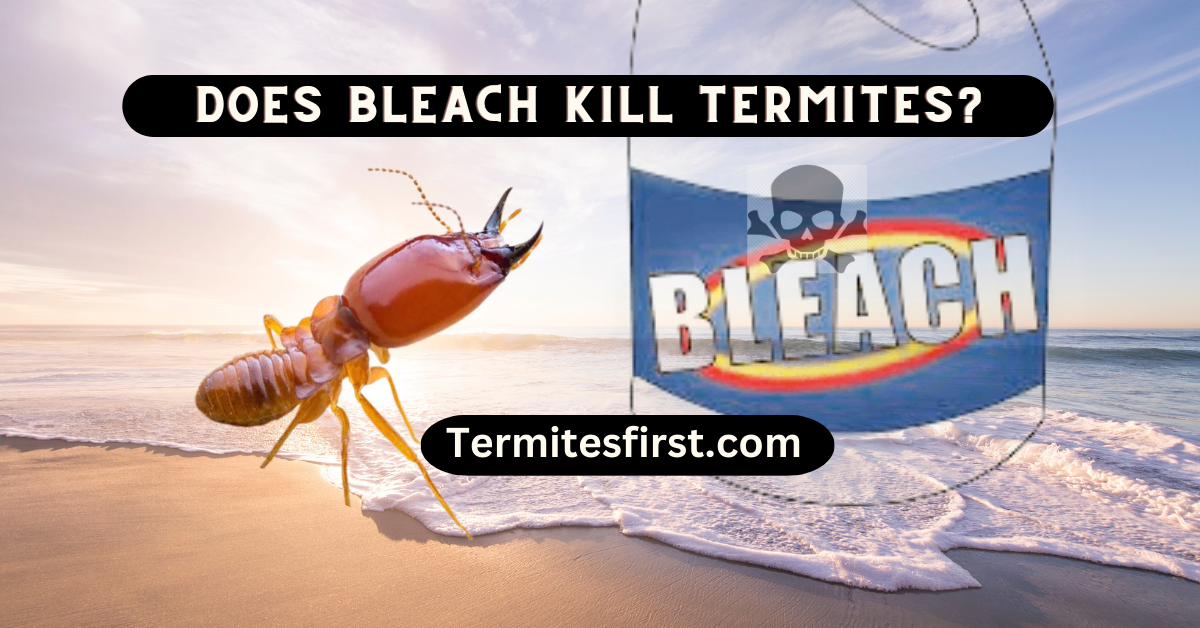
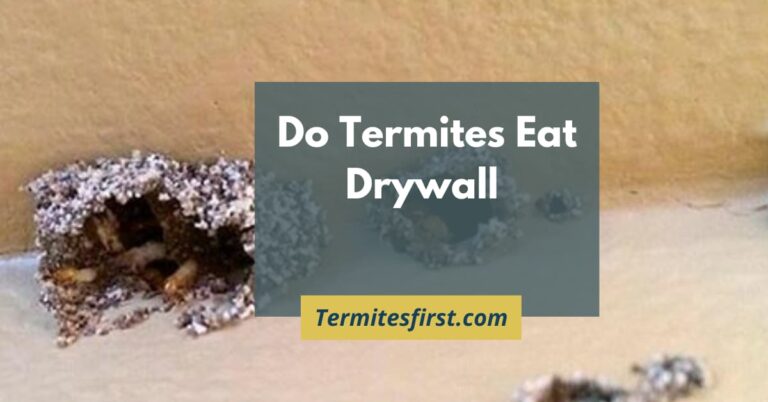
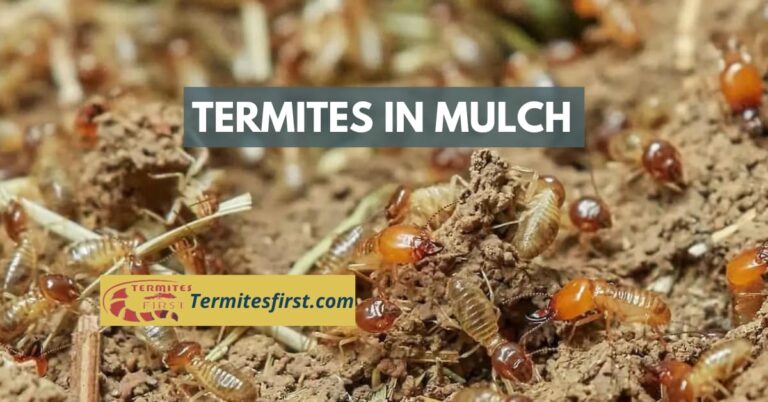
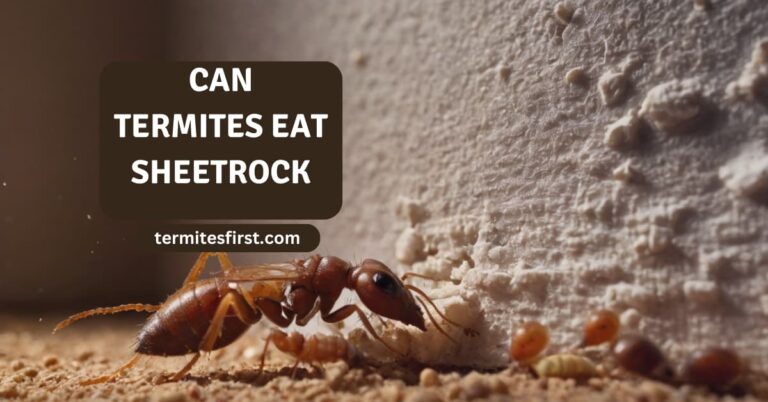
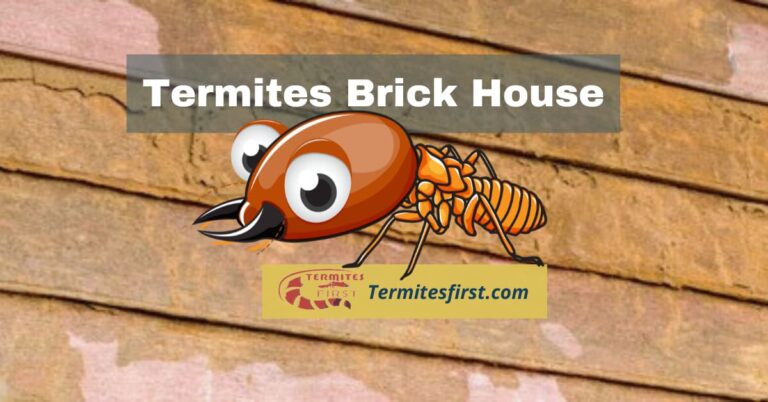
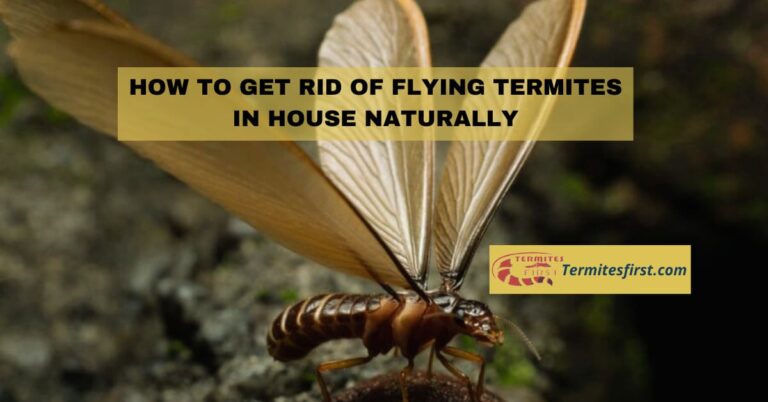
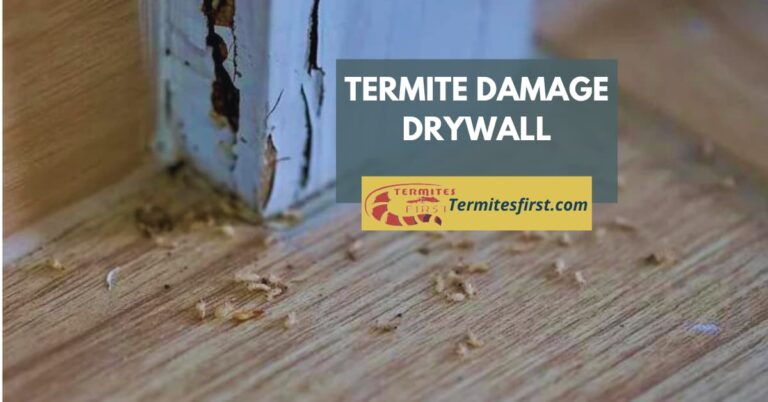
3 Comments